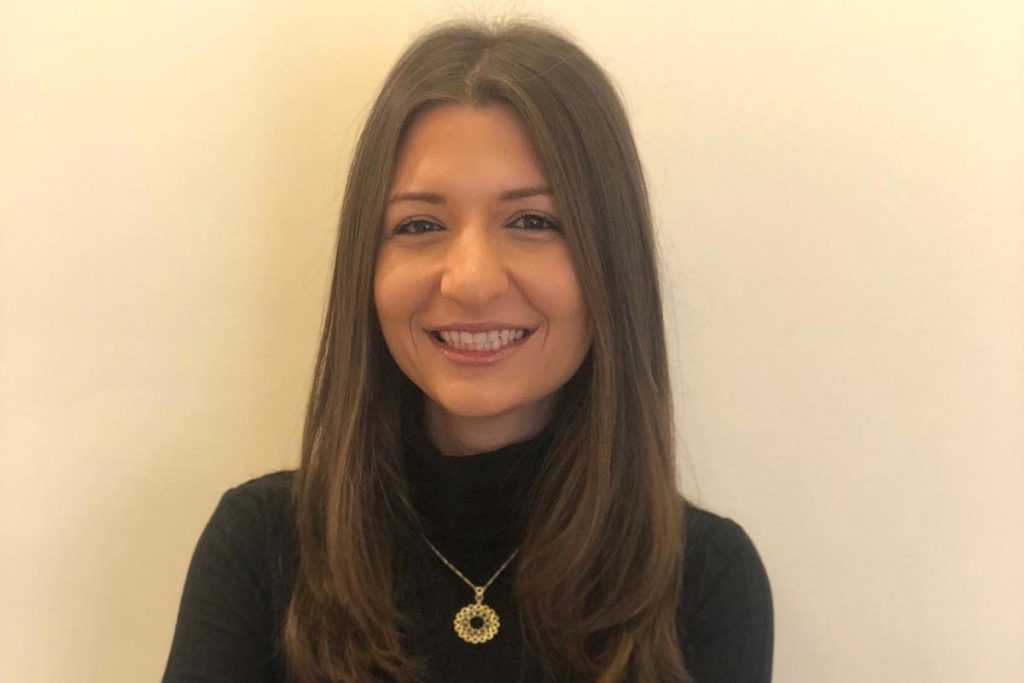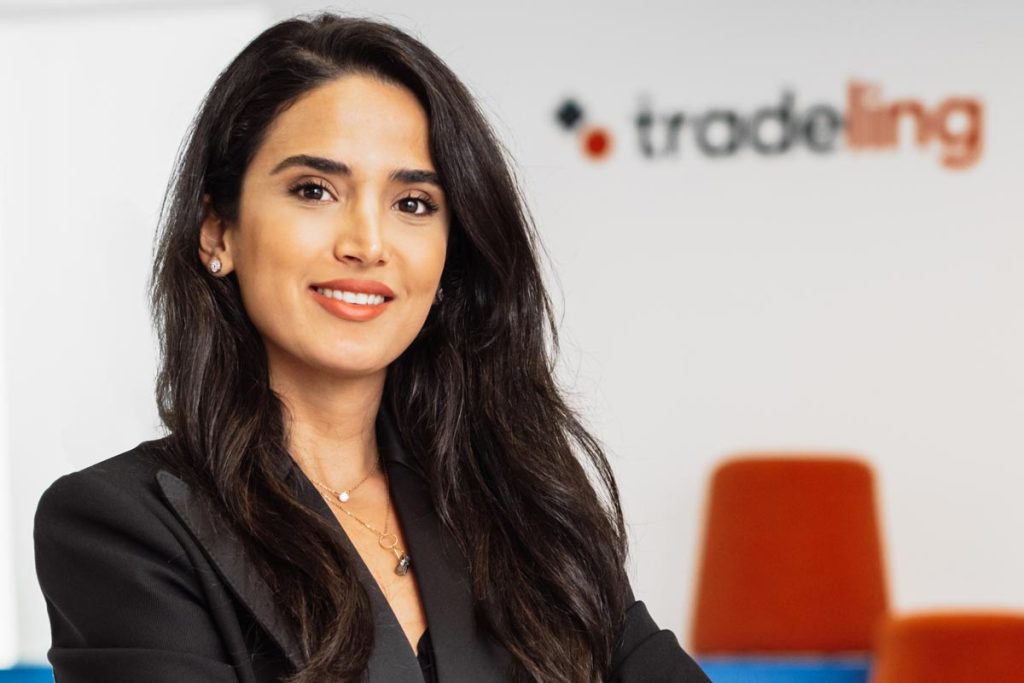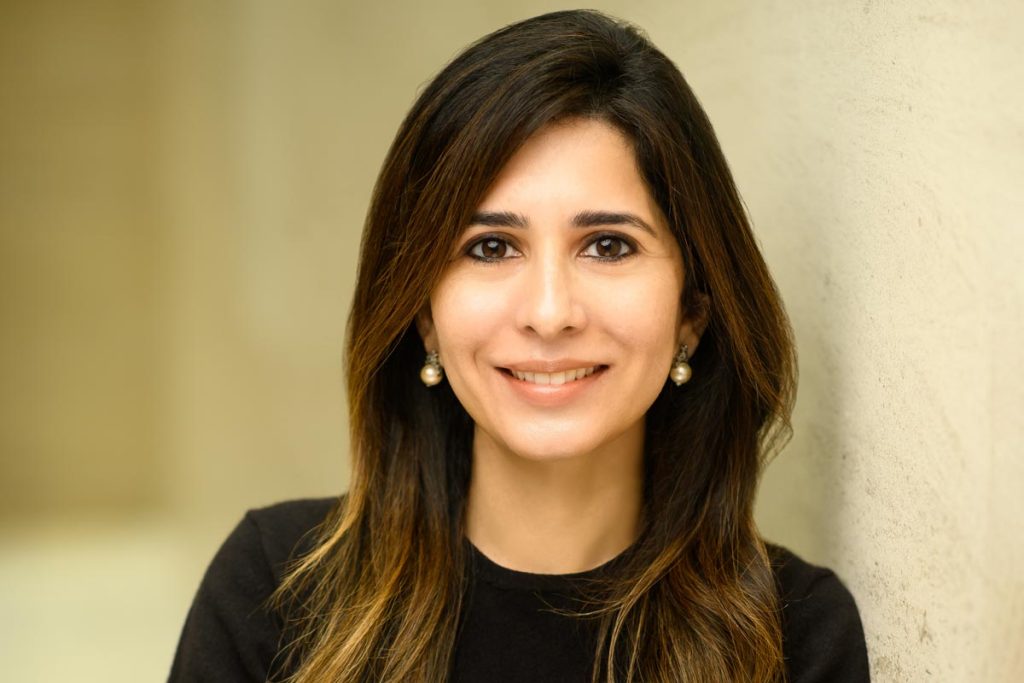While globally female representation in technology-related industries continues to be a challenge, women in the Middle East have taken great strides when it comes to careers and interest in a traditionally male-dominated domain.
A recent study by UNESCO indicated that 57 percent of Science, Technology, Engineering and Mathematics graduates in Arab countries are women, while in the UAE 61 percent of university STEM students are female. Another study indicated that 34 percent of the region’s tech focused start-ups were founded by women.
“As a female leader, I’m grateful for the mentorship I have received throughout my career and to have worked with leaders who fought hard to prevent bias. I’m also thankful to have had the chance to pay it back and mentor other women here at Careem,” said Gheed El Makkaoui, vice president, Careem Food.

“In industries that are traditionally male-dominated, like transportation and food delivery, we now see greater representation of women in senior leadership positions than ever before. This is very valuable as it leads to fresh perspectives and diversity of thought, and that is what helps to build lasting partnerships,” she continued.
Reham Kilano, clinical operations manager Eon Dental, also recognised the progress that has been made in this aspect, saying: “As a woman in medtech, a primarily male-dominated industry, I’m really proud to see the strides society has taken to break the bias. Although that’s not to say our work here is done, we know – regardless of if we’re talking about gender, race, you name it – representation is not just important but critical, specifically to encourage the future generation of leaders to explore their full potential in the workforce.”

“We at Eon Dental are constantly on the lookout for new talent and it’s so inspiring and exciting to see an increase in the diversity, specifically women, of job applications in this sector,” she added.
Increasingly aware of the value of a diverse workforce, many of the region’s companies are taking an active role in empowering their female employees.
“The power of women in the workplace is by now a no-brainer. From boosting corporate profits to driving innovation, the benefits are well documented. With continued conversation and support, women are taking the initiative to set expectations about leadership diversity like never before. But what about the workplace itself? Increasingly, companies, including our own, are examining their own policies to empower female employees and drive the conversation on just where that starts. Whether it’s setting clear goals about diversity or putting initiatives in place for females to succeed, our mantra is ‘practices that help’,” said Sophie Simpson, managing director and founder of Atteline.

“For example, organisations need to pull several levers at the individual, cultural and organisational levels to create meaningful change. Leaders need to actively champion female talent and create opportunities for women to grow and advance. Furthermore, companies must continue to support women in their development, offer meaningful formal practices and hold leaders accountable for creating an inclusive environment. When initiatives like these are implemented effectively, movement will occur,” she continued.
Despite the progress made, women are still fighting biases in the workplace.
“Early in my career I was faced with a few incidents in which bias was very clear. I would initiate ideas and enhancement plans that would be completely ignored, however, it would be accepted and even applauded coming from someone else in the team (males as you might be guessing),” said Catherina Ballout, director of edukaan by Tradeling.

“Today’s world has transformed to include women in decision making processes a lot more and I feel like my opinion matters and my talent and experience is being appreciated. My only advice would be, be aware of your biases because they will hurt your businesses beyond repair. I am not referring to financial aspects alone but the impact on the company’s culture and workplace environment as well as losing great female talents that would otherwise take your business to the next level,” she continued.
Elaborating on the challenges, Madiha Sattar, vice president, Careem Pay said: “As a woman having worked in finance, then tech, and now at the intersection of finance and tech, I’ve unfortunately seen fewer women role models as I’ve progressed in my career.”

“We at Careem are keen to break the bias and we know we can’t serve our users well without doing so. We’ve been fortunate to have some great women join the Careem Pay team, but there is still some way to go. If you have a start-up mind set, a passion for fintech and a bias for action, take the leap, the face of fintech won’t change until you do,” she added.








